14, May 2022
Sheikh Mohamed bin Zayed elected UAE president after brother’s death 0
The UAE’s long-time de facto ruler Sheikh Mohamed bin Zayed Al Nahyan was elected as president on Saturday, official media said, a day after the death of former leader Sheikh Khalifa.
The 61-year-old was unanimously elected by the Federal Supreme Council, WAM news agency said, becoming the ruler of the oil-rich country founded by his father in 1971.
Sheikh Mohamed, often known as ‘MBZ’, met members of the Federal Supreme Council, made up of rulers of the UAE’s seven emirates, as the country enters a period of mourning for his half-brother Sheikh Khalifa.
Sheikh Mohamed’s ascension, which was widely expected, formalises his position as leader of the desert state of 10 million after years of calling the shots while Sheikh Khalifa was sidelined by poor health.
Under his low-key direction, the United Arab Emirates has put a man in space, sent a probe to Mars and opened its first nuclear reactor, while using its oil-funded clout to develop a more assertive foreign policy.
Closely allied with Saudi Arabia, it has emerged as a leader of a reshaped Middle East since the retreat of traditional Arab powers and the reduced involvement of the United States, forging ties with Israel and joining a war against Iran-backed militants in Yemen.
Official media had already named Sheikh Mohamed as the ruler of Abu Dhabi, the UAE’s richest emirate, on Friday, inheriting one of the main titles held by Sheikh Khalifa who died at 73.
Sheikh Mohamed, wearing a light grey kandura or robe, was a pall-bearer at the funeral prayers for his elder brother who was laid to rest in Abu Dhabi’s Al Bateen Cemetery just hours after his death was announced, in accordance with Muslim tradition.
‘Running the show’
Flags are at half-mast around the UAE and businesses and government offices are closed for three days as the country enters a 40-day period of mourning for Sheikh Khalifa, who had ruled since 2004.
Sheikh Khalifa’s death drew condolences from senior figures including US President Joe Biden, Russian President Vladimir Putin, Britain’s Queen Elizabeth, Israel’s Prime Minister Naftali Bennett and Iran, demonstrating the UAE’s diverse allegiances.
France’s President Emmanuel Macron is to travel to Abu Dhabi on Sunday to pay tribute to the late Emirati leader, his office announced.
Neighbouring Saudi Arabia has put sports and entertainments on hold and several countries have announced periods of mourning.
Sheikh Mohamed, who was named crown prince of Abu Dhabi in November 2004, is the third son of Sheikh Zayed bin Sultan Al Nahayan — the revered founder of the UAE.
He has been serving as deputy commander of the armed forces and chairman of the Executive Council of Abu Dhabi, which controls the substantial finances of the emirate which sits on 90 percent of the country’s oil production.
The UAE, a former British protectorate, has gone from desert outpost to booming state in its short history, fuelled by its oil wealth and Dubai’s rise as a trading and financial centre.
Sheikh Mohamed took a prominent role after Sheikh Khalifa retreated from public view in 2014, when he had surgery after a stroke. The cause of his death was not announced.
The new president is likely to face greater competition to UAE’s status as the regional financial hub, particularly from Saudi Arabia, and may toughen its stance on Iran, analysts say.
But “functionally it changes little; MBZ has been running the show almost from the get go”, tweeted Ryan Bohl, a Middle East analyst at Stratfor Worldview.
Source: AFP
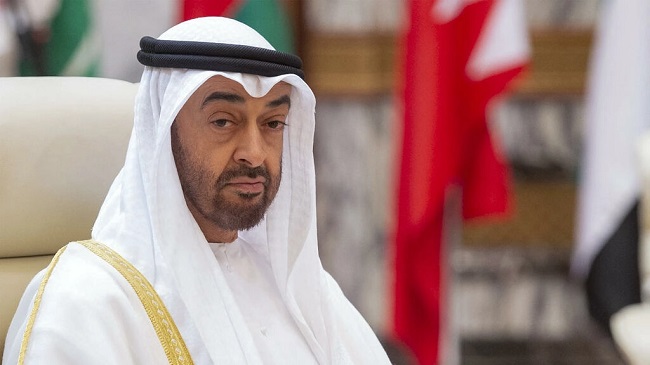
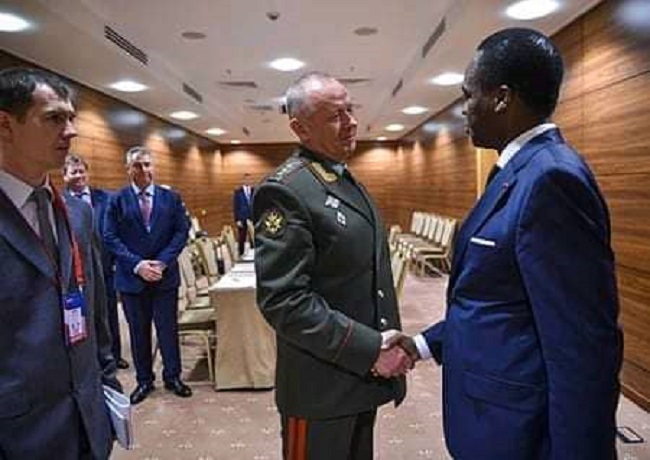
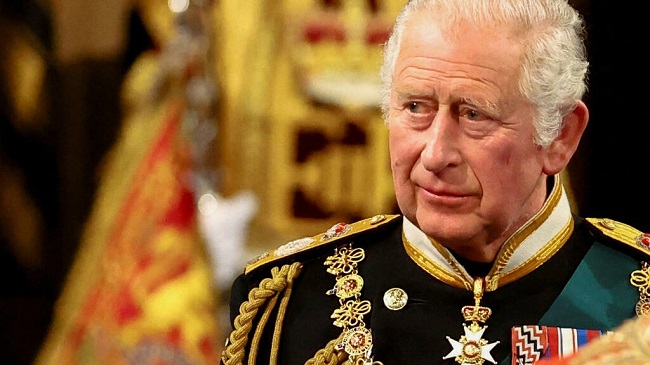
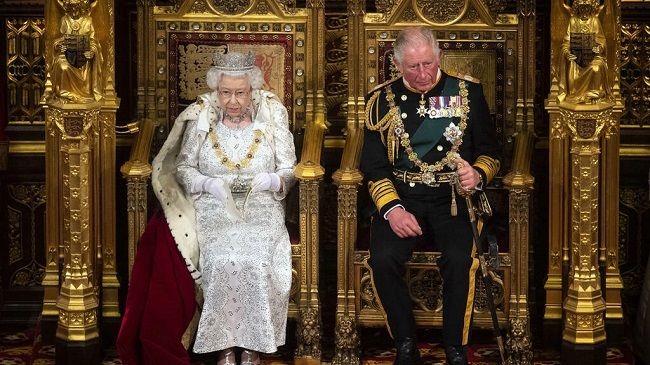
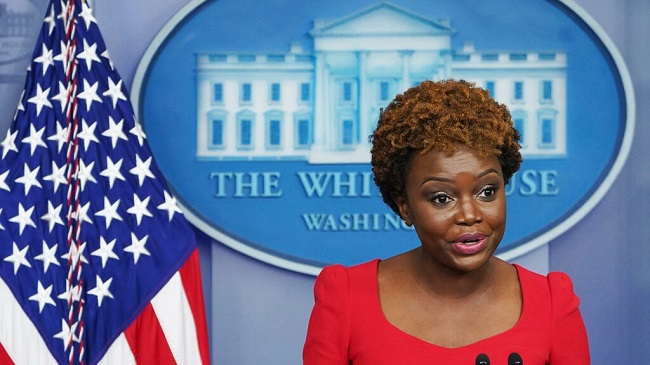
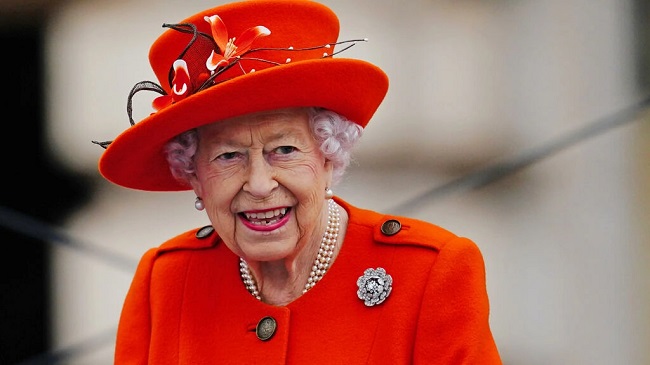

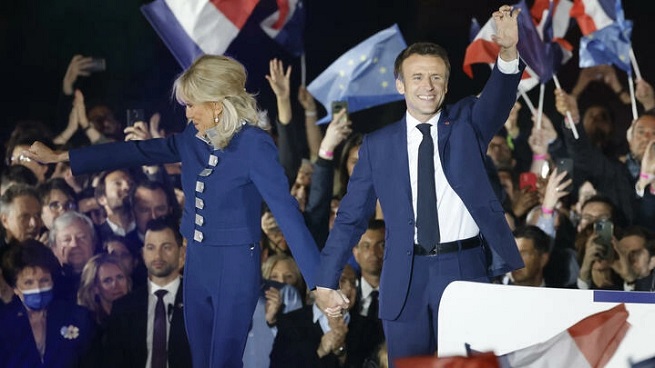
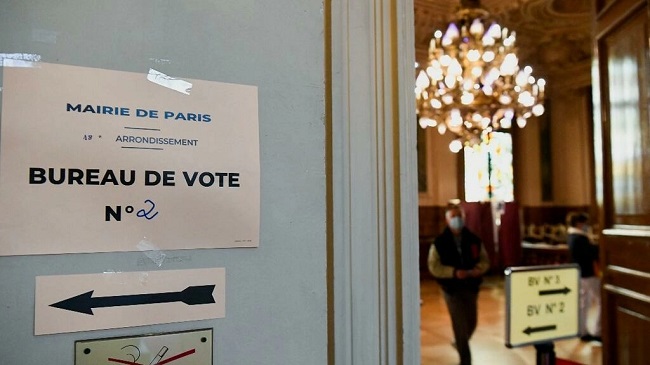

















16, May 2022
Mali withdraws from G5 Sahel regional anti-jihadist force 0
Mali said Sunday it was withdrawing from a west African force fighting jihadists to protest its being rejected as head of the G5 regional group, which also includes Mauritania, Chad, Burkina and Niger.
“The government of Mali is deciding to withdraw from all the organs and bodies of the G5 Sahel, including the joint force” fighting the jihadists, it said in a statement.
The G5 Sahel was created in 2014 and its anti-jihadist force launched in 2017.
A conference of heads of state of the G5 Sahel scheduled for February 2022 in Bamako had been due to mark “the start of the Malian presidency of the G5”.
But nearly four months after the mandate indicated this meeting “has still not taken place”, the statement said.
Bamako “firmly rejects the argument of a G5 member state which advances the internal national political situation to reject Mali’s exercising the G5 Sahel presidency”, the statement said, without naming the country.
The Mali government said “the opposition of some G5 Sahel member states to Mali’s presidency is linked to manoeuvres by a state outside the region aiming desperately to isolate Mali”, without naming that country.
Mali has been since January 9 the target of a series of economic and diplomatic sanctions from west African states to punish the military junta’s bid to stay in power for several more years, following coups in August 2020 and May 2021.
The junta has opted for a two-year transition while the Economic Community of West African States has urged Bamako to organise elections in 16 months maximum.
Beyond Mali and Burkina, the G5 Sahel, composed of around 5,000 troops, includes Mauritania, Chad and Niger.
The military coups in Mali and Burkina Faso are undermining the regional force’s operational capacity, UN Secretary General Antonio Guterres said in a report to Security Council on May 11.
“I am deeply concerned by the rapidly deteriorating security situation in the Sahel, as well as by the potentially debilitating effect the uncertain political situation in Mali, Burkina Faso and beyond will have on efforts to further operationalise the G5-Sahel Joint Force,” Guterres’ report said.
Source: AFP